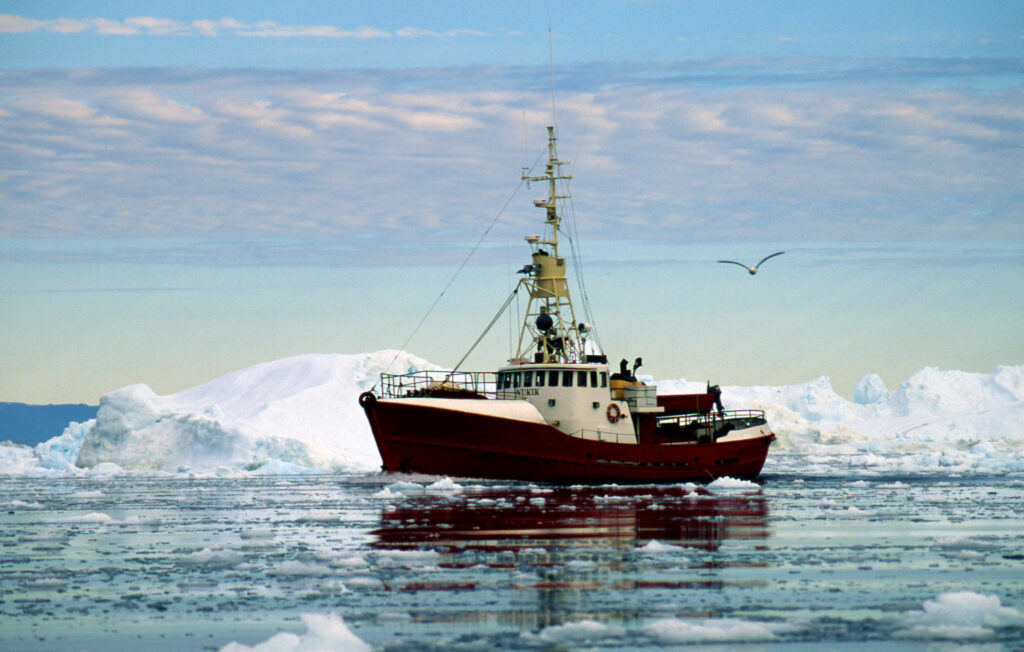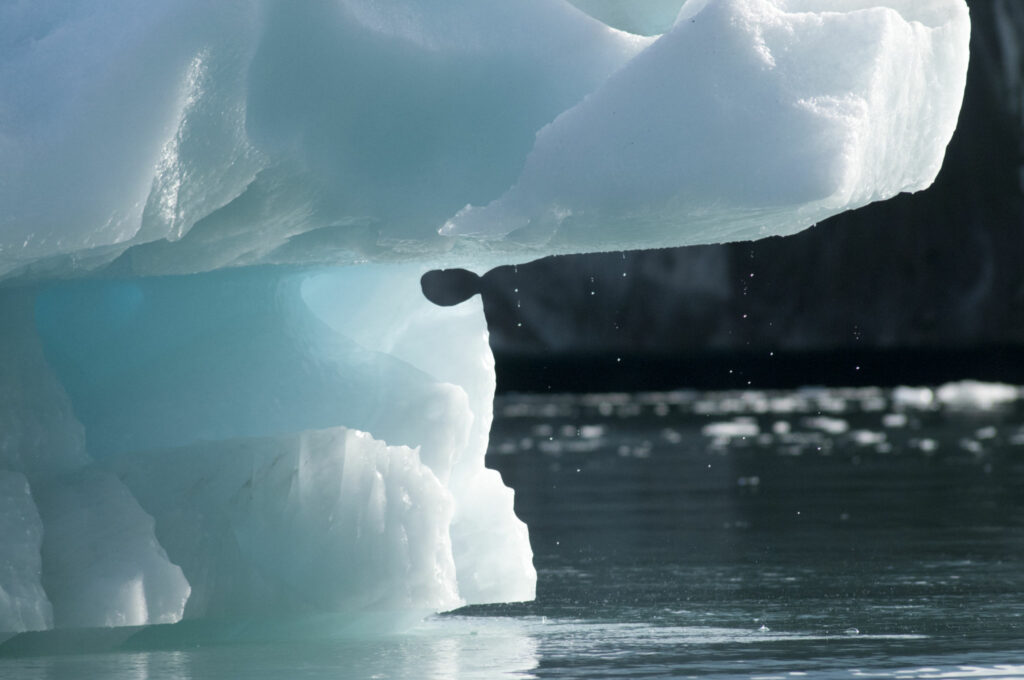1.7.2020
New ECOTIP project will investigate ecosystem tipping points and their cascading effects in the Arctic
With Horizon 2020 funding, ECOTIP launches a pioneering assessment of changes to Arctic marine ecosystems and societies, from melting ice to shifting fisheries.
The ambitious new ECOTIP initiative brings together a multidisciplinary group of scientists from more than 10 countries to study ecosystem tipping cascades in the Arctic marine environment. This major international effort will advance understanding of the impacts of climate change on Arctic biodiversity and the cascading effects that biodiversity change can have on marine ecosystems, the climate services they provide, and the human communities that depend on them. The innovative four-year project, funded by the European Union’s Horizon 2020 Programme, launched on 1 June 2020.
The Arctic Ocean and its adjacent seas are changing quickly in response to temperature increase, loss of sea ice, and the combined effects of additional ecosystem stressors such as invasive species and pollution. These types of changes can induce an abrupt and sometimes irreversible change in the ecosystem – a regime shift – that can have cascading and unpredictable effects on the ecosystem services that support human communities. The Arctic marine region is vulnerable to a series of tipping points that could bring about a regime shift of unprecedented magnitude. At stake are two critical marine ecosystem services that human societies rely on: carbon sequestration, which plays a major role in the global climate system, and fisheries production, which is the economic lifeblood of many Arctic communities.

But the scientific community currently lacks sufficient information on the mechanisms, drivers, thresholds, and consequences of ecosystem tipping cascades. ECOTIP strives to fill these knowledge gaps through a unique collaboration between experts across a range of disciplines, from ecology to socio-economics, physical oceanography, and paleo-oceanography. The scientists will conduct field research via sea expeditions, and cooperate on laboratory experiments, time series analyses, and a number of modelling approaches.
The ECOTIP project will also be enriched by ongoing dialogue with policymakers, industries, and local and indigenous communities in the Arctic. The aim is to produce sound science that empowers people to make informed decisions about adaptation and management strategies, with the aim of ensuring sustainable use of ecosystem services for generations to come.
“Arctic seas are extremely important both for the global climate and for local fisheries, and they are changing faster than seas anywhere else on the globe. Yet we know far too little about the consequences of change to the marine ecosystems in these seas, and therefore cannot currently predict how the ecosystem services they provide will change in the future. The ECOTIP project, with its unique interdisciplinary approach, will build a new reservoir of knowledge in this area that can benefit local societies and the global community alike”, says Dr. Marja Koski, coordinator of the ECOTIP project and an associate professor at the Technical University of Denmark’s National Institute of Aquatic Resources.

Sixteen organizations from Europe and beyond are collaborating on ECOTIP: Åbo Akademi University, Aalborg University, Aarhus University, Fisheries and Oceans Canada, Greenland Institute of Natural Resources, GRID-Arendal, Helmholtz-Zentrum Geesthacht Centre for Materials and Coastal Research, Hokkaido University, Institute of Oceanology of the Polish Academy of Sciences, Marine and Freshwater Research Institute, Technical University of Denmark, UiT The Arctic University of Norway, University of Copenhagen, University of Stirling, University of Tokyo and University of Vienna.
ECOTIP will contribute to building a low-carbon, climate-resilient future in line with the Sustainable Development Goals, the Paris Agreement, and the upcoming UN Decade of Ocean Science for Sustainable Development.
The ECOTIP project has received funding under the European Union’s Horizon 2020 Research and Innovation Programme under grant agreement no. 869383.